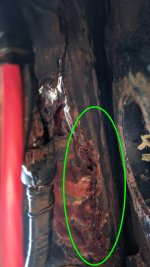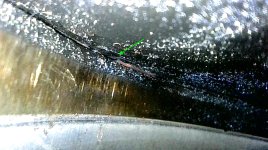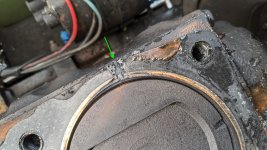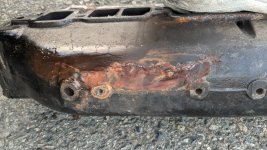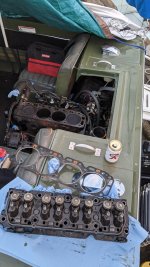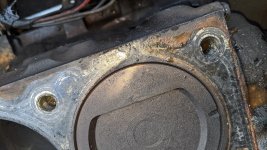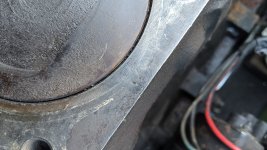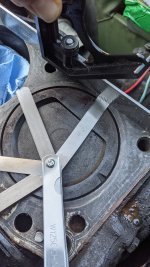shuckerdaddy
Recruit
- Joined
- Aug 28, 2021
- Messages
- 5
Just wanted to say thank you to this forum - I bought my first project boat last year and wouldn't have her running without all the great threads here. About the boat - unsure of prior owner's history of winterizing...Also shame on me for not doing a compression test. Bring on the comments.
1969 Mercruiser 140 - GM 4 cyl inline, serial #2582xxx
Runs weak with a chuffing sound, and has a cracked exhaust manifold which leaks a bit of water into bilge.
Compression test results from #1-#4 cylinders: 60, 90, 110, 125
Plugs look cleaner (less carbon) on the cylinders with lower compression.
1. Where should I go from here? I'm afraid of #1 and #2 cylinders being a head gasket or worse.
2. Wondering if cracked exhaust manifold (or gasket) would bring compression down at all? Is it worth replacing exhaust manifold before I pull the head?
3. How bad is 60 psi? Could it be anything to do with valves not seating properly?
Thanks! Turn sound on for video below (sounds like an exhaust manifold leak right?)
1969 Mercruiser 140 - GM 4 cyl inline, serial #2582xxx
Runs weak with a chuffing sound, and has a cracked exhaust manifold which leaks a bit of water into bilge.
Compression test results from #1-#4 cylinders: 60, 90, 110, 125
Plugs look cleaner (less carbon) on the cylinders with lower compression.
1. Where should I go from here? I'm afraid of #1 and #2 cylinders being a head gasket or worse.
2. Wondering if cracked exhaust manifold (or gasket) would bring compression down at all? Is it worth replacing exhaust manifold before I pull the head?
3. How bad is 60 psi? Could it be anything to do with valves not seating properly?
Thanks! Turn sound on for video below (sounds like an exhaust manifold leak right?)
Last edited:




















